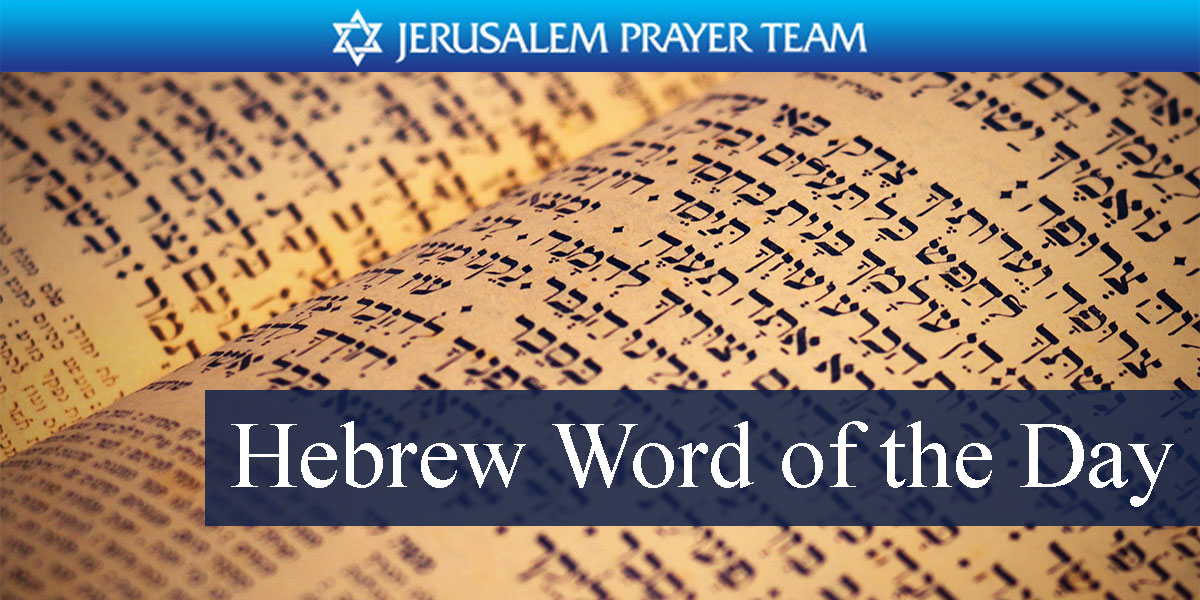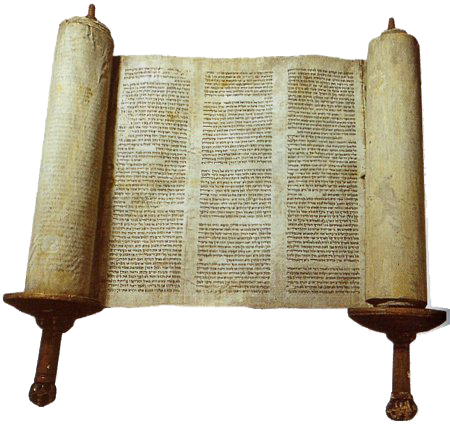- Jan 26, 2012
- 4,863
- 1,041
- Country
- United States
- Faith
- Non-Denom
- Marital Status
- Private
פר בן בקר is typically rendered in English translations as either a bullock, son of the herd or simply a young bullock. However, is that truly what it means according to the scripture? Every so-called sacrificial animal has multiple possible meanings and a par ben bqr is no different. Par may be understood as fruit, while baqar may also be boqer, (morning), and such differences were only understood by context and love for the Father and His Word before the advent of niqqud and the Masoretic Hebrew text. Moreover there are signs for the appointments and appointed times in the Torah, and these are very ancient things, and it appears that the Master refers to some of them, at least in the following passage. I will therefore open with his words. In the following passage we find G2540 καιρος, (kairos), which is not just a time or times, as in most translations, but is primarily a set time, an appointed time, and it is often employed in the LXX for mo'ed, which is also primarily used for an appointed time and the appointed times of the Father in the Torah.
Matthew 16:1-3
1 And the Pharisees and the Sadducees came, tempting, asking him to shew them a sign from heaven.
2 And answering, he said to them, Evening having come, you say, Fair weather: for the sky is fiery red.
3 And morning time, Stormy weather today: for the sky is overcast fiery red. Hypocrites: truly you know to discern the face of the sky, but the signs of the appointed times you cannot!
This idiom at the time had already become a well known saying, and it would have been especially used by sailors, (fishermen, think Galil), but it goes way beyond that time, even all the way back to the time of Mosheh and the giving of the Torah.
Red sky at night, sailors' delight: red sky in the morning, sailors' take warning:

 en.wikipedia.org
en.wikipedia.org
What is a fruit, (par), a son of the morning, (boqer)?
It is a morning offering, and it is fiery red, and it has a leathery skin like a bullock or a red heifer.

Hosea 14:1-2 KJV
1 O Israel, return unto the LORD thy God; for thou hast fallen by thine iniquity.
2 Take with you words, and turn to the LORD: say unto him, Take away all iniquity, and receive us graciously: so will we render the calves [פרים] of our lips.
The calves of our lips? Um, no.
Hosea 14:2 LSV
2 Take words with you, and turn to YHWH, || Say to Him, Take away all iniquity, and give good, || And we render the fruit [פרים] of our lips.
Matthew 16:1-3
1 And the Pharisees and the Sadducees came, tempting, asking him to shew them a sign from heaven.
2 And answering, he said to them, Evening having come, you say, Fair weather: for the sky is fiery red.
3 And morning time, Stormy weather today: for the sky is overcast fiery red. Hypocrites: truly you know to discern the face of the sky, but the signs of the appointed times you cannot!
This idiom at the time had already become a well known saying, and it would have been especially used by sailors, (fishermen, think Galil), but it goes way beyond that time, even all the way back to the time of Mosheh and the giving of the Torah.
Red sky at night, sailors' delight: red sky in the morning, sailors' take warning:
Red sky at morning - Wikipedia
What is a fruit, (par), a son of the morning, (boqer)?
It is a morning offering, and it is fiery red, and it has a leathery skin like a bullock or a red heifer.
Hosea 14:1-2 KJV
1 O Israel, return unto the LORD thy God; for thou hast fallen by thine iniquity.
2 Take with you words, and turn to the LORD: say unto him, Take away all iniquity, and receive us graciously: so will we render the calves [פרים] of our lips.
The calves of our lips? Um, no.
Hosea 14:2 LSV
2 Take words with you, and turn to YHWH, || Say to Him, Take away all iniquity, and give good, || And we render the fruit [פרים] of our lips.
Last edited:




